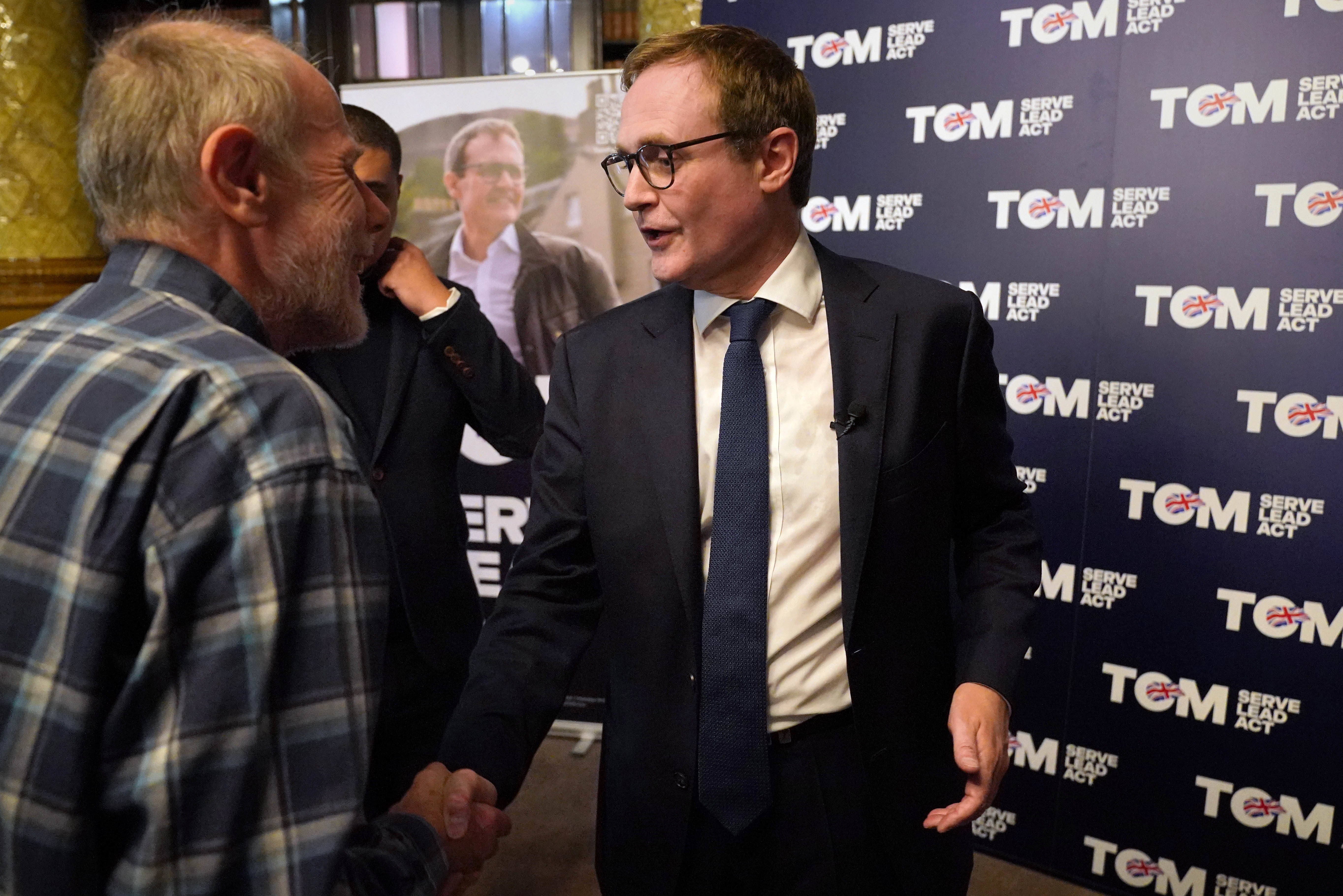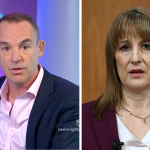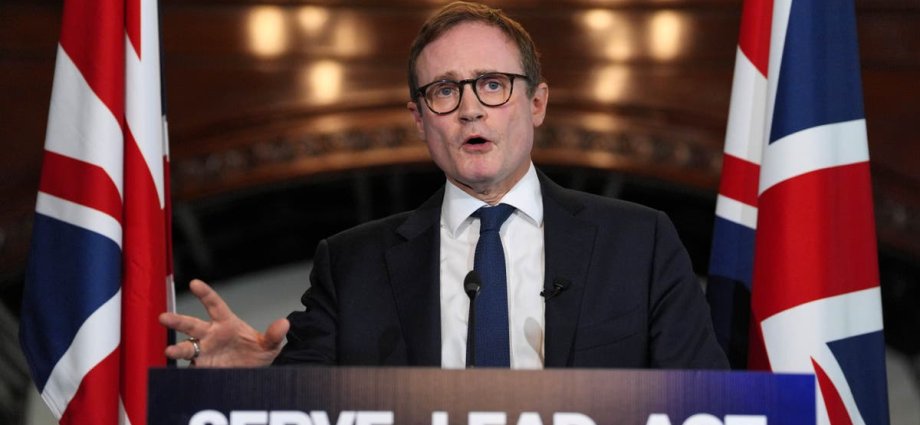Tom Tugendhat doubled down on his bid to reinvent himself as a candidate of the Tory right as he waded into the growing debate within the party over ditching the European Convention of Human Rights (ECHR).
Just 24 hours after the contest’s frontrunner Kemi Badenoch had dismissed leaving the ECHR as an attempt to seek “easy answers”, the former security minister told his supporters that he was willing to ditch it.
When the race to replace Rishi Sunak began after the election disaster for the Tories, Mr Tugendhat had been seen as the candidate for the party’s One Nation group on the left who would try to win back power from the centre ground of British politics.
He was seen as the best candidate to win back votes from the Lib Dems and Labour, if not from Nigel Farage’s Reform UK on the right.

But with the Tory membership seen increasingly as right-wing and some candidates believing they need to win over defectors to Reform, Mr Tugendhat has spent most of the summer pandering to right-wing policies.
Despite holding his official launch in the National Liberal Club, he used his speech not only to commit to leaving the ECHR if necessary but also to legally cap net migration at 100,000 a year.
The former army officer told the audience he had first proposed changing the ECHR after he left the military because it was “not designed for war, it was designed for times of peace”.
He said the UK needed to follow France’s example of opting out of the ECHR when necessary and should seek to reform it. But he insisted that if there were no chance of reform, for the sake of national security and protecting people from criminals, he would be willing to take Britain out of the international cornerstone agreement on human rights.
Mocking those who support a system of international law, he said: “The Sabbath is made for the man and not the man for the Sabbath. International treaties are made for national security; not the other way.”
He added: “The entire purpose of international treaties is to keep British people safe, not for us to worship international treaties.”

One of Mr Tugendhat’s chief rivals, former immigration minister Robert Jenrick, has also said he would leave the ECHR but faced veiled criticism from other contenders for his stance.
Ms Badenoch and former home secretary James Cleverly both spoke unfavourably of the plans, suggesting Mr Jenrick was offering “easy answers” or “soundbites and quick fixes” which would not deliver results.
Dame Priti Patel has also resisted calling for the UK to leave the ECHR, even though she was originally seen as a candidate of the Tory right.
In his speech, Mr Tugendhat also promised to deliver a “Conservative revolution” and a return to integrity in politics.
He said: “The last great economic transformation that our country saw was in the 1980s – some of you will remember it well.
“Since those changes, Britain’s creeping bureaucracy has returned and it’s stifling growth and it’s smothering opportunity.
“And we need to clear back those cobwebs so that once again our economy – and most importantly, of course, our people – can breathe free and make our country grow again.”
Promising to “listen to the serious ideas that come to us”, he swore to deliver on economic growth by “releasing the brake” and ensuring the country has the right skills and infrastructure.
Mr Tugendhat leant heavily on his experience as a soldier and as security minister, devoting a section of his speech to foreign affairs, saying he would set out a plan to spend 3 per cent of GDP on defence.
He said: “The purpose of British foreign policy is to keep the British people safe and prosperous.”
But he also used that experience to explain why he had not spoken out against things he disagreed with while serving under Liz Truss and Rishi Sunak.
He said his job had been “to keep the King’s secrets”, adding: “Those who are trying to kill us kept me busy enough already.”
Mr Tugendhat had begun his speech with an apology and a promise to be “sober and serious”, saying the Conservative Party “owes you better” and has seen “duty give way to ego”.
The first round of voting in the contest by MPs takes place tomorrow, with one set to be eliminated out of the six. The final winner will be announced on 2 November.











